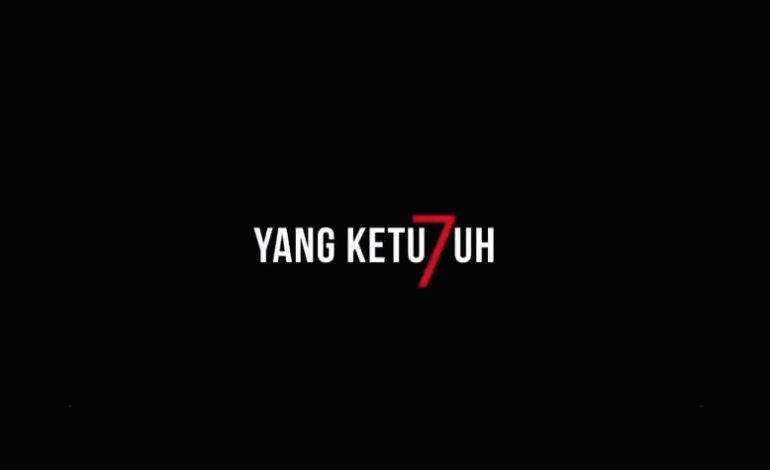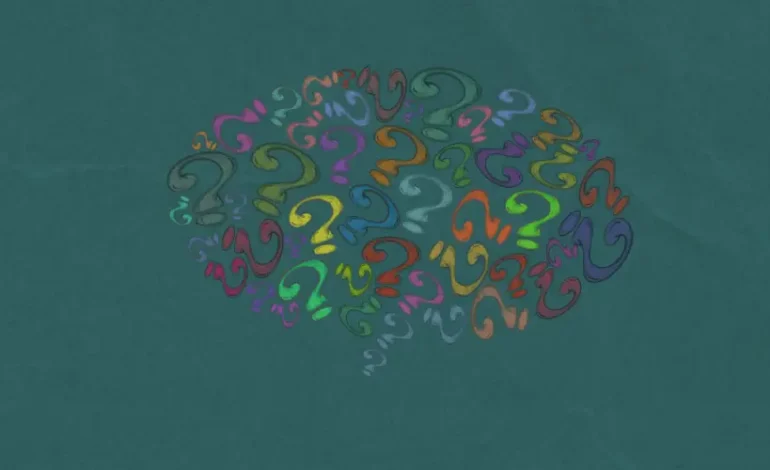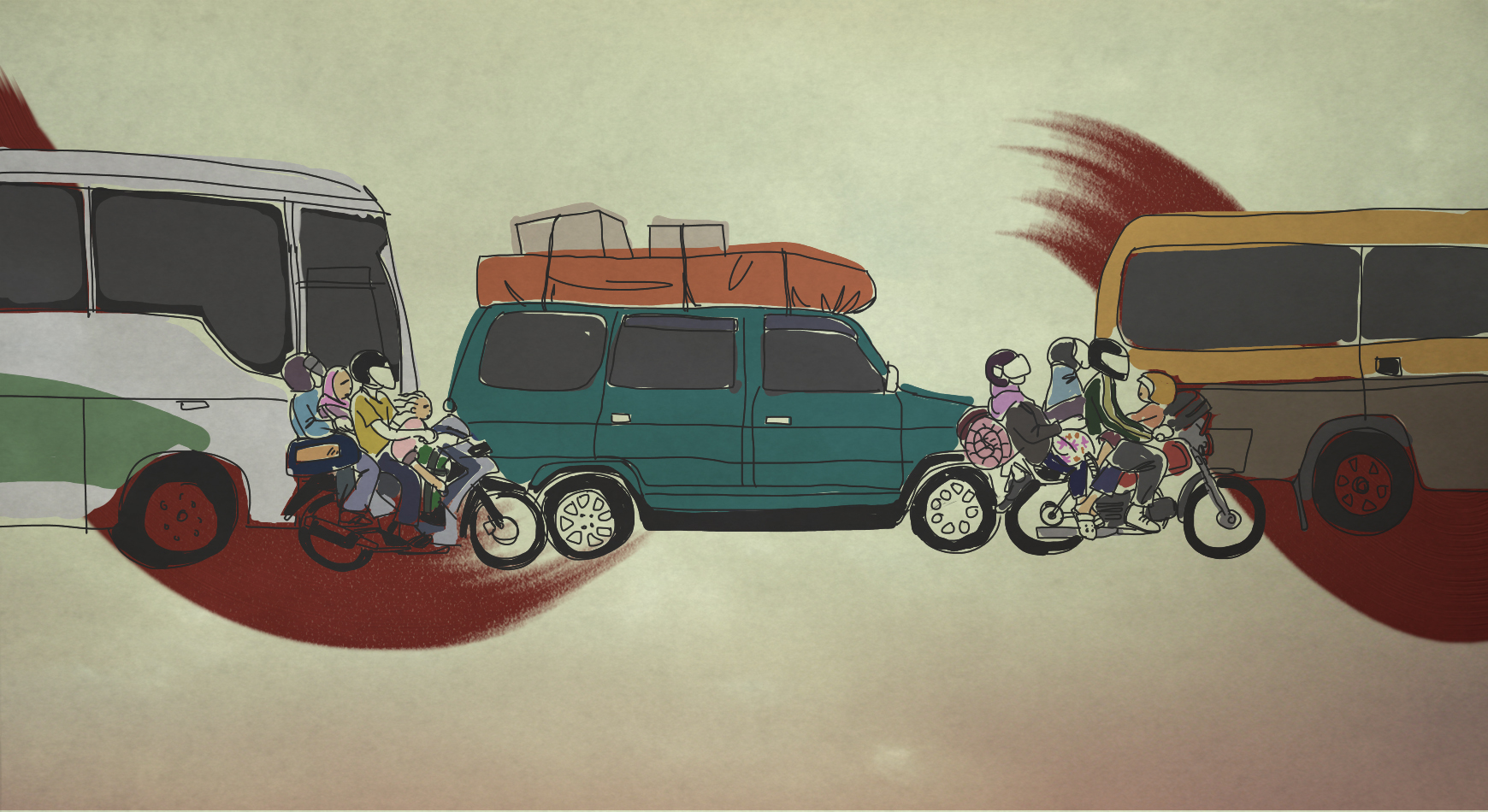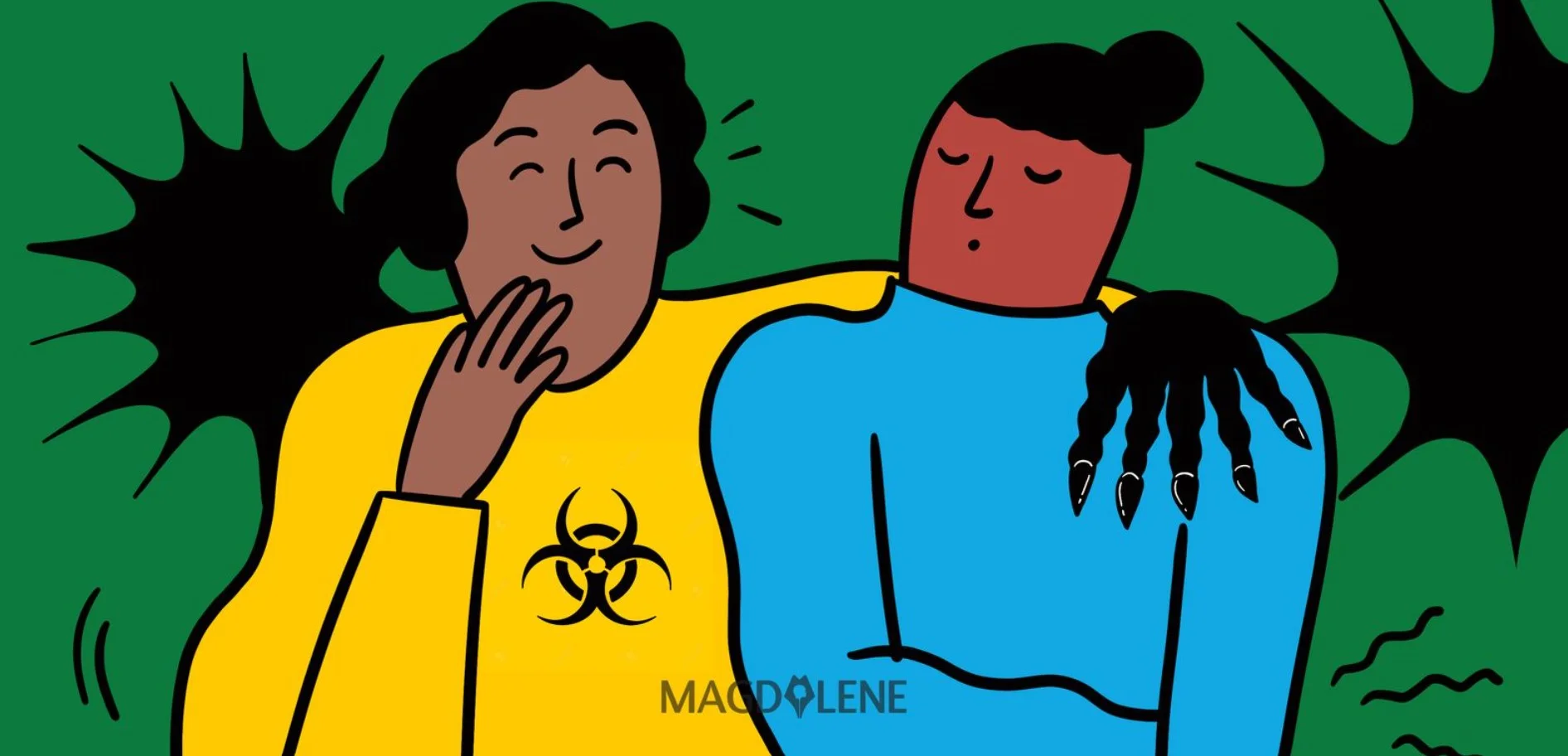The Wisdom of Bad Boyfriend: Elizabeth Pisani’s Indonesia
A journalist turned epidemiologist returned to Indonesia to introduce to the world the "bad boyfriend" she so loved in her latest book.

At 12 my son has reached that age when he’s not usually impressed by adults. But even he sits rapt when Elizabeth Pisani drops out of the blue to our home on a borrowed motorcycle and regales us with her improbable adventures from the far-flung corners of Indonesia.
Then she’d be off again to places with names that we had never heard of. We wouldn’t hear of her for weeks, sometimes months. Then she’d drop an email or text message, or materialize out of nowhere.
In one of her visits, she agonized over how she could ever possibly capture all the complexity and diversity of Indonesia into one book. Yet that is exactly what she has done in Indonesia Etc: Exploring the Improbable Nation, a 416-page romp through the outer eastern islands and Sumatra that are relatively unfamiliar to foreigners and even most Indonesians.
Her book tries to understand Indonesia today by examining the edges of this nation of 13, 466 islands, 360 ethnic groups, 719 languages and countless cultures, rather than starting from Java, long held to be the epicenter of all things Indonesian.
By doing so, Pisani reveals to us an Indonesia so idiosyncratic, textured, despairing and uplifting that Indonesia Etc will, I predict, become the definitive book that you have to read if you want to have some sort of understanding of Indonesia.
In some ways the book takes off from Adam Schwartz’s A Nation in Waiting that described Indonesia in the 1990s under Soeharto. Since then Soeharto has fallen and brought with him the collapse of centralized control of Jakarta and the Javanese elite.
Indonesia opted for decentralization and regional autonomy, thereby fulfilling the promise of the founding fathers in the declaration of Independence that gave the book its name: “We, the people of Indonesia, hereby declare the Independence of Indonesia. Matters relating to the transfer of power etc. will be executed carefully and as soon as possible.”
“Indonesia has been working on that etc. since,” says Pisani in the prologue that sets the stage for her romp through improbable journeys that have seen her, among other things, taking tea with the dead in Sumba (Taking Tea With the Dead was initially the proposed title of the book); bailing water out of a rickety boat on a whale hunt in Flores; and insinuating herself in family celebrations and rituals.
As she skirts the edges of Indonesia, she reflects on how patronage and family ties that give rise to corruption and nepotism undermine, yet prop up the institutions that power Indonesia’s modernization; how people there perceive their Indonesian-ess; and how tradition contends with progress, even in the farthest reaches of Indonesia. The chapters in the books are postcards from the edge of Indonesia that, combined, define the very heart of Indonesia today.
Pisani’s style is full of wit, humor, delectable turns of phrases and keen observation that comes from her twin professions – journalist and epidemiologist. She came first to Indonesia as a backpacker in 1983 and was back again in 1988 as a reporter for Reuters. It was then that she began falling madly and deeply in love with Indonesia like many of us expatriates, in a stormy love-hate kind of way.
Pisani calls Indonesia her Bad Boyfriend.
“With Bad Boyfriends, you know it will all end in tears, yet you keep coming back for more…. Another thing about Bad Boyfriend: however much you sometimes want to slap him, you always want other people to admire this wild and exotic beast, to wish they knew him better.”
In 1991 she left Indonesia because of her reporting on the military but was back again in 2001, this time as an epidemiologist specializing in HIV. Her experiences were to culminate in her first book that was launched to critical acclaim, The Wisdom of Whores in 2009.
Two years later Pisani was again back in Jakarta, this time determined to introduce her Bad Boyfriend to the world.
In Indonesia Etc., the country certainly comes across every inch as the Bad Boyfriend with some serious growing pains. Still, after travelling 2,600 miles crisscrossing the nation, she is upbeat about its future.
The main saving grace, according to Pisani, is the collectivism of its people because of how they are all intertwined with each other’s fates through family, clan or other ties.
And there is of course the charm that Bad boyfriend still exudes: “…the openness, the pragmatism, the generosity of its people, their relaxed attitude to life – are ultimately the more seductive traits, and the more important.”
Perhaps that is why so many of us remain so in love with Indonesia in spite of the myriad frustrations we encounter almost every day.
About Ong Hock Chuan
Ong was a journalist for 14 years in Malaysia, Hong Kong, Taiwan and Indonesia before becoming a communications consultant. Malaysian by birth, Ong has made Jakarta his home for the past 17 years. He now runs Maverick, probably the largest independent PR consultancy in Indonesia.












